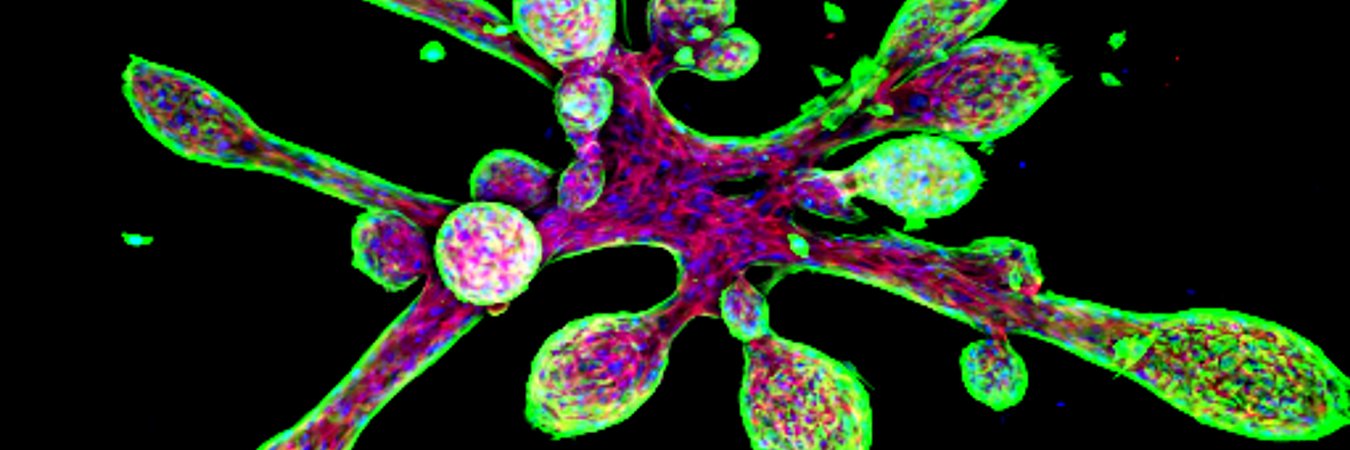
Charlotte Kuperwasser, PhD
@KUPERWASSERLAB
Professor @TuftsMedSchool, Co-Founder @NaverisDx. Dedicated to understanding the biological, molecular, and genetic underpinnings of cancer & prevention.
The alarming rise in early-onset and ER+ breast cancer may be linked to chronic exposure to endocrine-disrupting chemicals. Our @NatureRevCancer comment calls for urgent research & policy action. @RobertKennedyJr @DrJBhattacharya are we ready to act? nature.com/articles/s4156…
LIVE: FDA Expert Panel on Menopause and Hormone Replacement Therapy for Women x.com/i/broadcasts/1…
Hormone Replacement Therapy (HRT) has long been an important treatment option for women to alleviate symptoms of menopause, among other potential health benefits. Over the last two decades, however, HRT has been surrounded by confusing narratives about potential risks. We're…
New JAMA article paints a dark picture re the health of babies & adolescence in the US compared to other 18 developed countries (OCED18)! Higher rates of mortality & chronic conditions! Concerning multiyear trends that worsened during 2021-2023! Radically different public…
New from the Kuperwasser Lab in Stem Cell Reports! We found that DDR1 & RUNX1 control how breast stem cells build tissue—and when this goes wrong, it may lay the groundwork for cancer. Huge congrats to our amazing team! 💥 cell.com/stem-cell-repo…

I am delighted to share our new study uncovering the role of innate immunity in regulating cell plasticity and reprograming of prostate tumor initiating cells published in @NatureCancer . Congrats @ChenJiang919 and @yura__song , the first authors, nature.com/articles/s4301…
BREAKING: MIT just completed the first brain scan study of ChatGPT users & the results are terrifying. Turns out, AI isn't making us more productive. It's making us cognitively bankrupt. Here's what 4 months of data revealed: (hint: we've been measuring productivity all wrong)
This paper links glyphosate, the main ingredient in Roundupit to early-onset leukemia and multiple cancers. It is clearly carcinogenic and it's found in 80% of people tested—including pregnant women and infants!!! It's time to ban its use. ehjournal.biomedcentral.com/articles/10.11…
The moment to fix science has arrived thescientistpapers.substack.com/p/the-moment-t…
How microplastics can induce a leaky gut nature.com/articles/s4146…
The new Huberman Lab episode is out: Improving Science & Restoring Trust in Public Health | Dr. Jay Bhattacharya (@NIHDirector_Jay) (0:00) Jay Bhattacharya (6:56) National Institutes of Health (NIH), Mission (9:12) Funding, Basic vs. Applied Research (18:22) Sponsors:…
How can we seriously talk about the future of cancer research when our community continues to remain silent about the implications of DNA contamination with SV40 promoter and expression plasmid sequence in the COVID19 vaccines. It gets into cells, it integrates- so why is this…
💥Top FDA official admits she refused the Covid-19 vaccine while pregnant A senior regulator’s admission reveals uncomfortable truths about silence, ethics and trust inside the FDA. blog.maryannedemasi.com/p/top-fda-offi… @Jikkyleaks @TheChiefNerd @newstart_2024 @MdBreathe @AdamUrato1
CT scans in women aged 18–49 are projected to cause nearly 4,000 additional breast cancers, including 1,700 in women just 18–29. These are doses we often call "safe"—but they’re adding up. We’ve long known—from atomic bomb survivors and Hodgkin lymphoma patients—that radiation…

This is insane …CT-associated cancers could eventually account for 5% of all new cancer diagnoses annually!!!!

Strong association between exposure to air pollutants like polycyclic aromatic hydrocarbons, indoor toxins like formaldehyde and higher cancer risk — particularly for breast, prostate, and even melanoma. It won’t be long until other EDCs are shown to drive the higher…
After 21 years at my dream job, I’m very sad to announce my early retirement from the National Institutes of Health. My life’s work has been to scientifically study how our food environment affects what we eat, and how what we eat affects our physiology. Lately, I’ve focused on…


